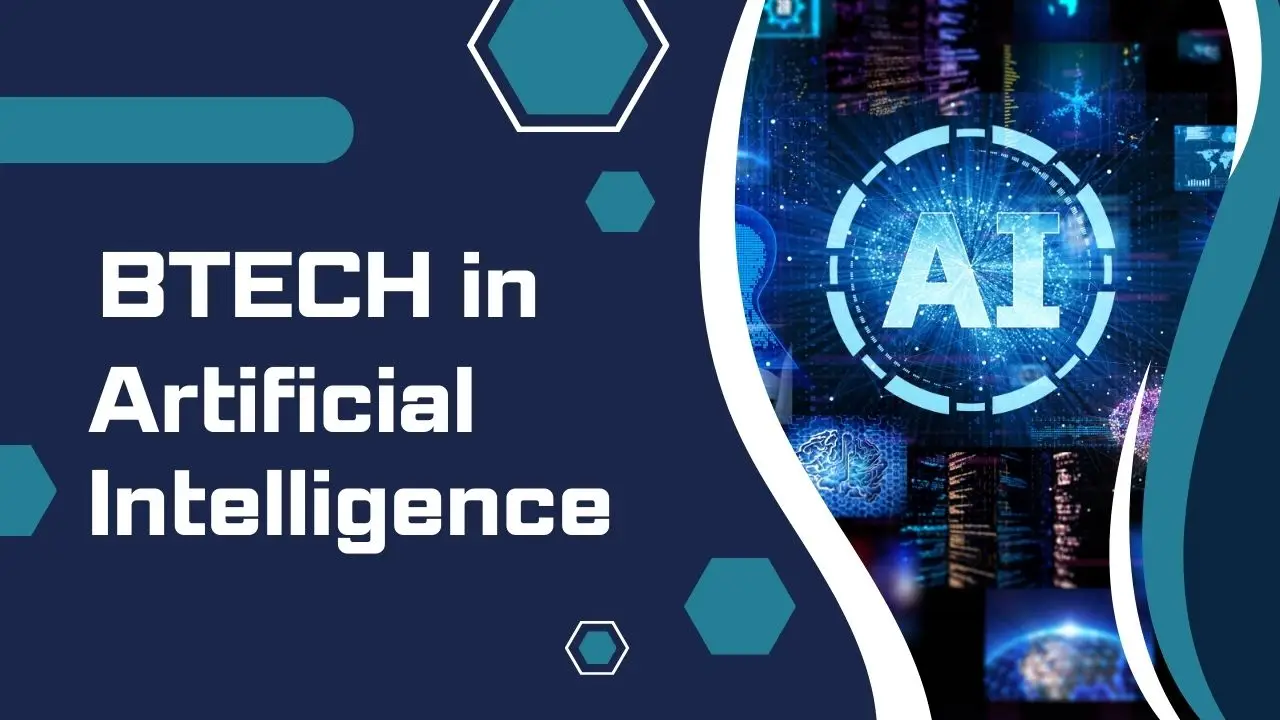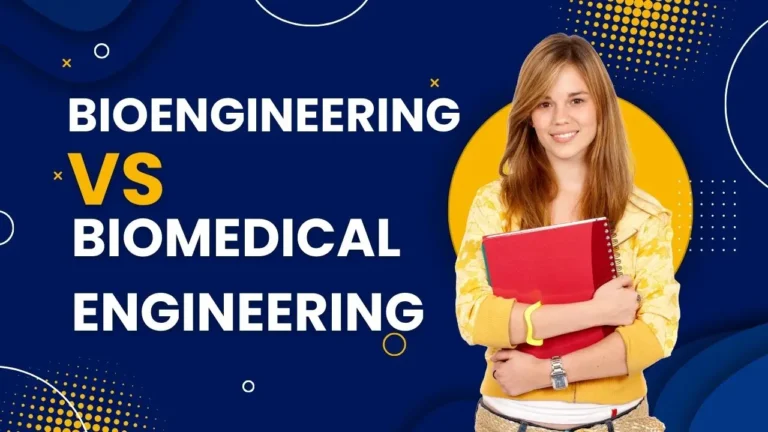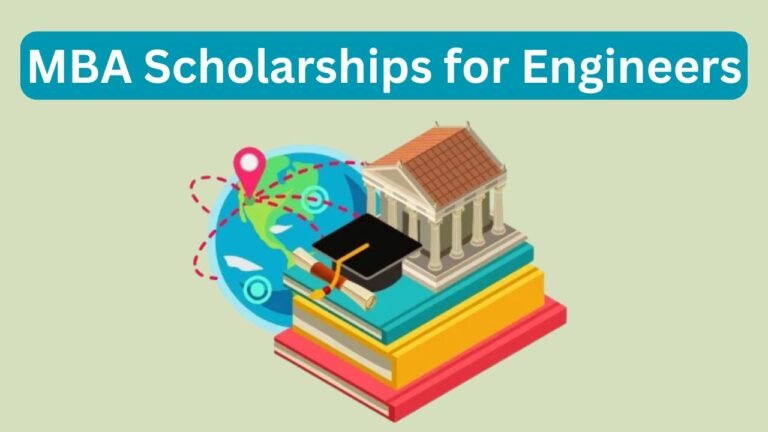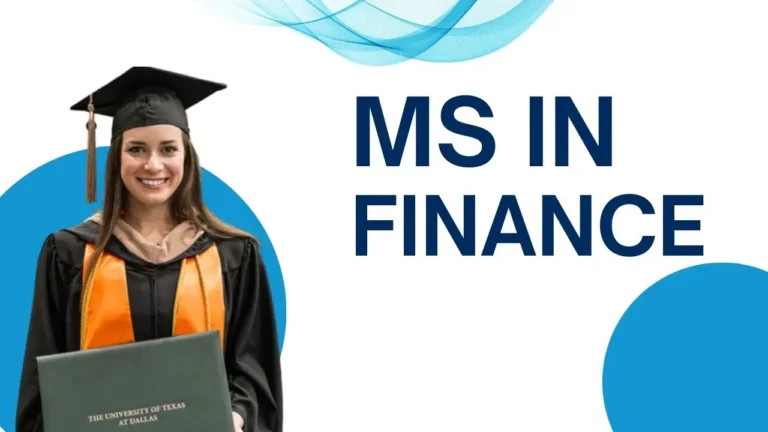BTech in Artificial Intelligence: Aspiring Tech Enthusiasts
Computer vision is integrated into many of the AI products in our everyday lives. A BTech in Artificial Intelligence is a three or four-year specialised undergraduate course that aims to prepare students for the groundbreaking field.
This article discusses the breadth, curriculum, career prospects, and factors that make a BTech in Artificial Intelligence a smart choice for aspiring computer lovers.
What is BTech in Artificial Intelligence?
The four-year undergraduate BTech in Artificial Intelligence curriculum focuses on the technology and concepts underlying intelligent systems. The text indicates that the goal is to teach students about artificial intelligence, machine learning, data science, robotics, deep learning, and natural language processing.
This engineering subject integrates computer science, mathematics, statistics, and cognitive science to construct intelligent systems capable of problem solving, learning, and decision making.
Why Choose a BTech in Artificial Intelligence?
Lucrative Salary: Data scientists and AI engineers have high starting salaries, generally around $80,000 per year in the USA and ₹10–15 lakhs in India.
Future-Proof Career: AI is leading technological progress, ensuring long-term job security.
Diverse Applications: AI talents may be used in a variety of industries, from customized healthcare to driverless cars.
Possibilities for Innovation: Students with a BTech in AI can work on innovative initiatives like intelligent chatbots and self-learning algorithms.
High Demand for AI Professionals: Industry studies predict that by 2030, the worldwide AI market will have grown at a compound annual growth rate (CAGR) of more than 30%, generating millions of new employment possibilities.
Eligibility Criteria
- 10+2 (or equivalent) in mathematics, physics, and chemistry.
- An overall score of 50-60%, depending on the school or organization.
- Qualifying scores for university-specific assessments, state-level CETs, or entrance exams such as JEE Main.
Core Subjects and Curriculum
First Year:
- Data Structures
- Digital Electronics
- Programming in C/C++
- Engineering Mathematics
- Computer Organization and Architecture
Second Year:
- Operating Systems
- Probability and Statistics
- Object-Oriented Programming
- Database Management Systems
- Introduction to Artificial Intelligence
Third Year:
- Big Data Analytics
- Machine Learning
- AI Ethics and Privacy
- Natural Language Processing
- Neural Networks and Deep Learning
Fourth Year:
- Capstone Project
- Reinforcement Learning
- Robotics and Automation
- Industrial Training or Internship
Career Opportunities After BTech in Artificial Intelligence
- AI Engineer
- Data Scientist
- Robotics Engineer
- Research Scientist
- Computer Vision Engineer
- Machine Learning Engineer
- Business Intelligence Developer
Average Salary Package
In India, BTech AI graduates often start off making between INR 5 and 12 LPA, depending on their company, geography, and skill set. Professionals may make even greater salaries, often surpassing INR 25 LPA in major MNCs, with a few years of experience and qualifications.
Future Scope of BTech in Artificial Intelligence
AI is an expansive and ever-evolving field. With estimates estimating over USD 300 billion dollar value of the AI industry by 2026 and millions of job opportunities across the globe, the opportunities are plenty. Emerging domains include personalized recommendations, healthcare diagnostics, smart assistants, and driverless cars.
Skills Required for Success
- Avoiding Falling Behind: Staying on top of the rapidly evolving advancements in AI.
- Communication Skills: Educating stakeholders who are not technical about AI principles.
- Analytical Thinking: The ability to employ data-reliant strategies to solve complex problems.
- Technical Skills: Proficiency in cloud platforms, Artificial Intelligence frameworks (PyTorch, TensorFlow), and programming.
How to Get Started?
- Prepare for Entrance tests: Join online courses or tutoring to excel in competitive tests.
- Research Programs: Look at the colleges that offer a BTech in AI and compare their professors, placement statistics, and course offerings.
- Lay the Groundwork: Start learning Python and basic AI concepts on free platforms such as Coursera, edX, or YouTube.
- Reach Out to the Experts: Join AI groups at platforms like GitHub and LinkedIn for information and advice
FAQ
Q1. Is it difficult to get a BTech in artificial intelligence?
A. The course calls for solid mathematical foundations, programming abilities, and logical reasoning. It’s doable with persistent desire and effort.
Q2. Can someone who doesn’t know how to code pursue a BTech in AI?
A. Although it is not required, prior knowledge in coding becomes a crucial component of the curriculum. You’ll learn it during the course.
Q3. Can artificial intelligence (AI) surpass computer science engineering (CSE)?
A. Within CSE, AI is a specialty. A BTech in AI is perfect if intelligent systems are your area of interest.
Conclusion
Students pursuing a BTech in Artificial Intelligence are armed with marketable skills that are a sure shot at a future-oriented job with technology. Innovative individuals can benefit from a comprehensive education, excellent compensation, and industry-wide application. Pursuing a degree in Artificial Intelligence can help you excel in the rapidly evolving IT industry.






